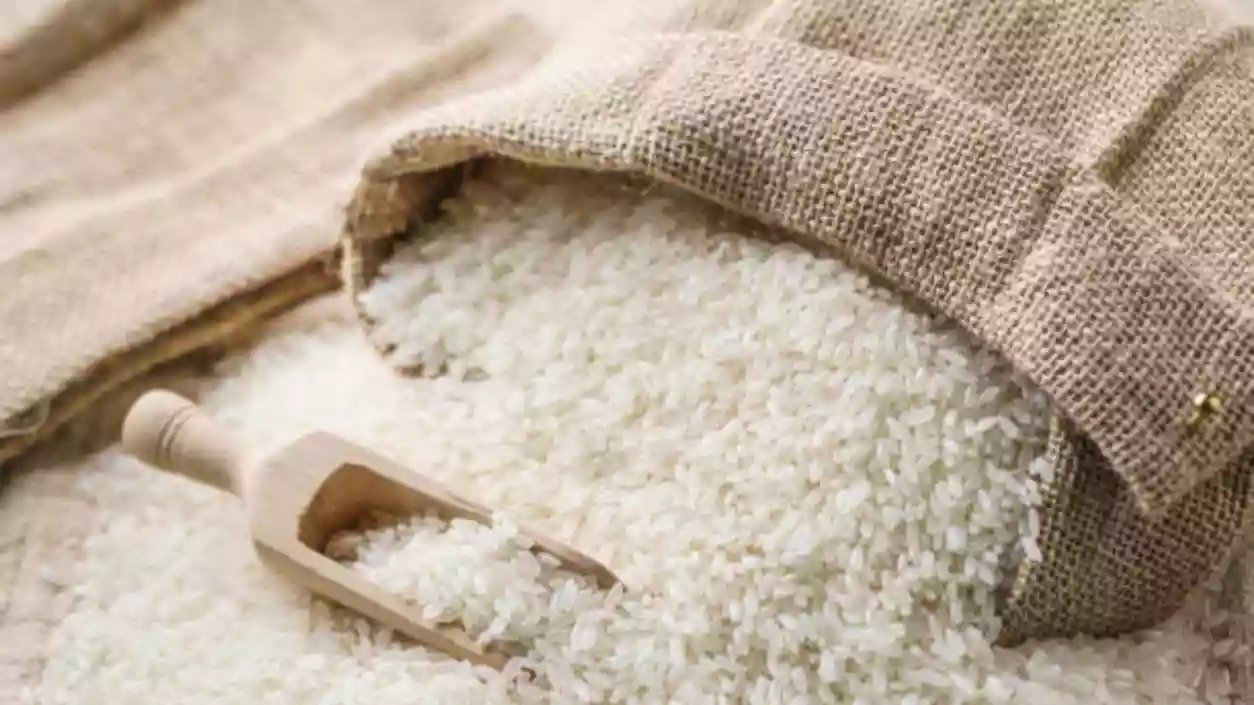.gif)
.gif)

The West Bengal government is grappling with a significant rice supply shortfall after receiving only 20.58 lakh tonnes of rice from mills against a targeted return of 35.10 lakh tonnes. This gap emerged despite the state having sent nearly 50 lakh tonnes of paddy for milling following the 2023 Kharif harvest. The data, shared in a report by the Food and Supplies Department, indicates that only 40% of the expected rice has been returned by the mills so far.
As per officials, the state requires nearly 3 lakh tonnes of rice per month to sustain its subsidised foodgrain distribution schemes. With the current available stock, the scheme can only operate until June. Any further delay in receiving the pending supply from mills may affect operations from July onwards. Officials have noted that the shortfall poses a risk to the food distribution mechanism on which nearly two crore people depend under the state-run Khadya Sathi programme.
The department has issued instructions to multiple districts including South 24-Parganas, Murshidabad, Malda, East Burdwan, North Dinajpur, South Dinajpur, Hooghly, and Purulia to recover the pending rice supply from local mills by June-end. These districts are reported to have significant volumes of undelivered rice. One official stated, “They have been told to ensure that mills supply the pending rice at the earliest.”
A senior bureaucrat noted that ideally, the state should have received the full rice stock from the Kharif season before the Boro harvest begins, which typically starts in early May. The state’s annual rice consumption stands at approximately 110 lakh tonnes. While Bengal is self-sufficient in paddy production, the ongoing delay from mills may disrupt the continuity of the procurement-to-distribution chain.
Another official warned that if the supply gap persists, it could create logistical difficulties in moving fresh Boro paddy to the mills in the coming weeks. This could affect the earnings of small and marginal farmers who rely on the government’s minimum support price (MSP) for selling their produce. Last year, the state had to request rice from the central pool twice. Officials said that such a request may be necessary again, but any decision would depend on the central government.